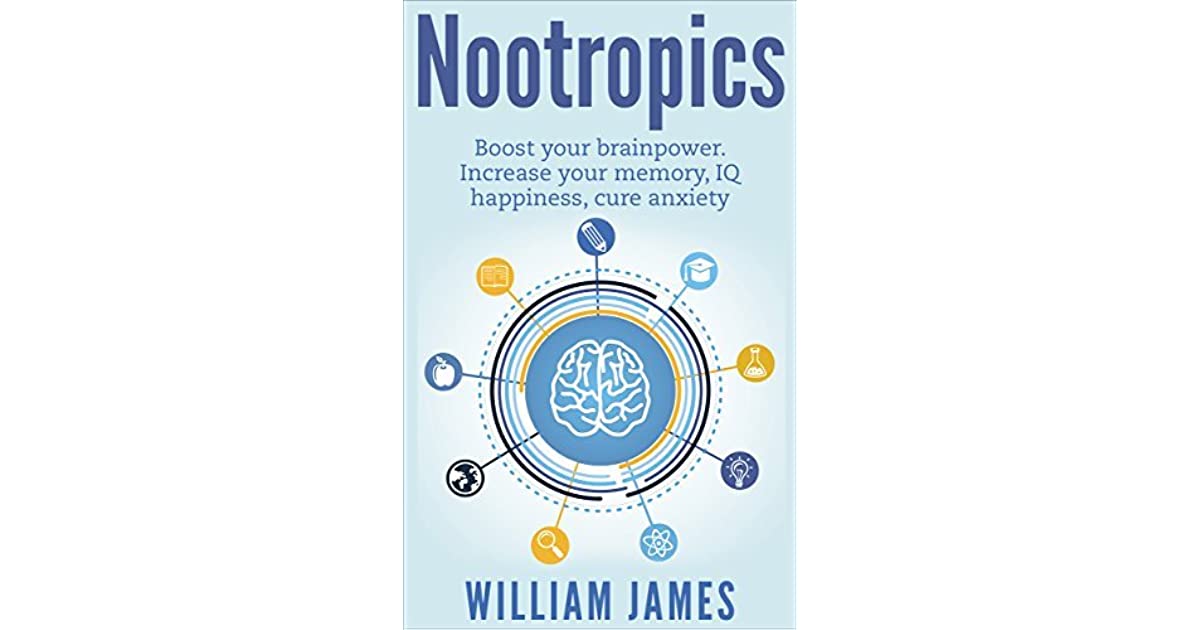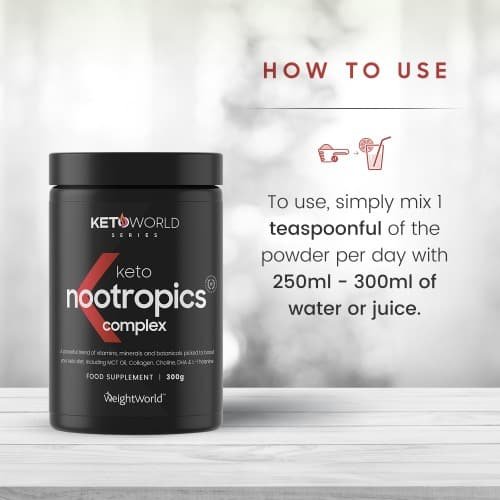Brain fog and mental fatigue are common struggles faced by people with attention deficit hyperactivity disorder (ADHD). Nootropics, also known as cognitive enhancers, can help improve focus and concentration while reducing stress levels. This article will discuss the best nootropics for ADHD and how they can help combat brain fog and mental fatigue.
Nootropics are substances that have cognitive-boosting properties. They include vitamins, minerals, amino acids, herbal extracts and synthetic compounds. Many of these substances have been used for centuries to enhance memory, learning ability and overall cognitive performance. They have also been shown to improve moods, reduce anxiety and depression symptoms, increase energy levels and boost motivation.
How Do Nootropics Work?
Nootropics work by increasing the availability of certain neurotransmitters in the brain. Neurotransmitters like serotonin and dopamine play an important role in regulating moods, emotions, cognition, focus and motivation. By increasing their availability in the brain, nootropics can help improve mental clarity while reducing stress levels.

Benefits of Taking Nootropics For ADHD
For those with ADHD, taking nootropics can provide a number of benefits including improved focus, concentration and memory recall; enhanced creativity; boosted energy levels; better impulse control; reduced anxiety; improved communication skills; increased motivation; decreased irritability; fewer distractions; sharper decision-making skills; improved grades or test scores; and improved social functioning.
Types Of Nootropics For ADHD
There are many different types of nootropics on the market today. Some of the most popular for treating ADHD include Omega-3 fatty acids such as DHA, found in fish oil supplements; Bacopa monnieri, which helps to improve memory and reduce stress levels; L-theanine, which increases alertness without causing the jitters or anxiety side effects often associated with stimulants such as caffeine or amphetamines; Rhodiola Rosea, which reduces fatigue while improving physical performance; Ginkgo Biloba, which improves blood flow to the brain resulting in better cognitive function; Phosphatidylserine, which increases neuron communication within the brain resulting in improved concentration; Citicoline, which helps regulate acetylcholine levels resulting in improved concentration; Vinpocetine & Huperzine A, both used to treat age-related memory loss but may also be beneficial for those with ADD/ADHD.
Side effects and precautions when taking nootropic supplements
It is important to consult with your doctor before taking any type of supplement, especially if you have any pre-existing medical conditions or are taking other medications regularly. Some potential side effects associated with the use of nootropics include restlessness, headache, nausea, insomnia, agitation, confusion, dizziness, palpitations, etc. In addition, some ingredients can interact negatively when combined, so it’s important to research each one thoroughly before taking them together. Finally, if you experience any adverse reactions stop taking them immediately as some foods & drugs can cause serious health problems when taken together. With proper monitoring & guidance from a doctor, using natural alternatives is a safe & effective way to manage symptoms associated with ADD/ADHD.

Conclusion
Nootropics can effectively manage symptoms associated with Attention Deficit Disorder (ADD) or Attention Deficit Hyperactivity Disorder (ADHD). These cognitive enhancers can help improve focus and concentration while reducing stress levels, allowing individuals to manage their daily lives more effectively. While there are many different types available on the market today, it is important to do your research before choosing one as some ingredients may interact negatively when combined, resulting in unwanted side effects.




